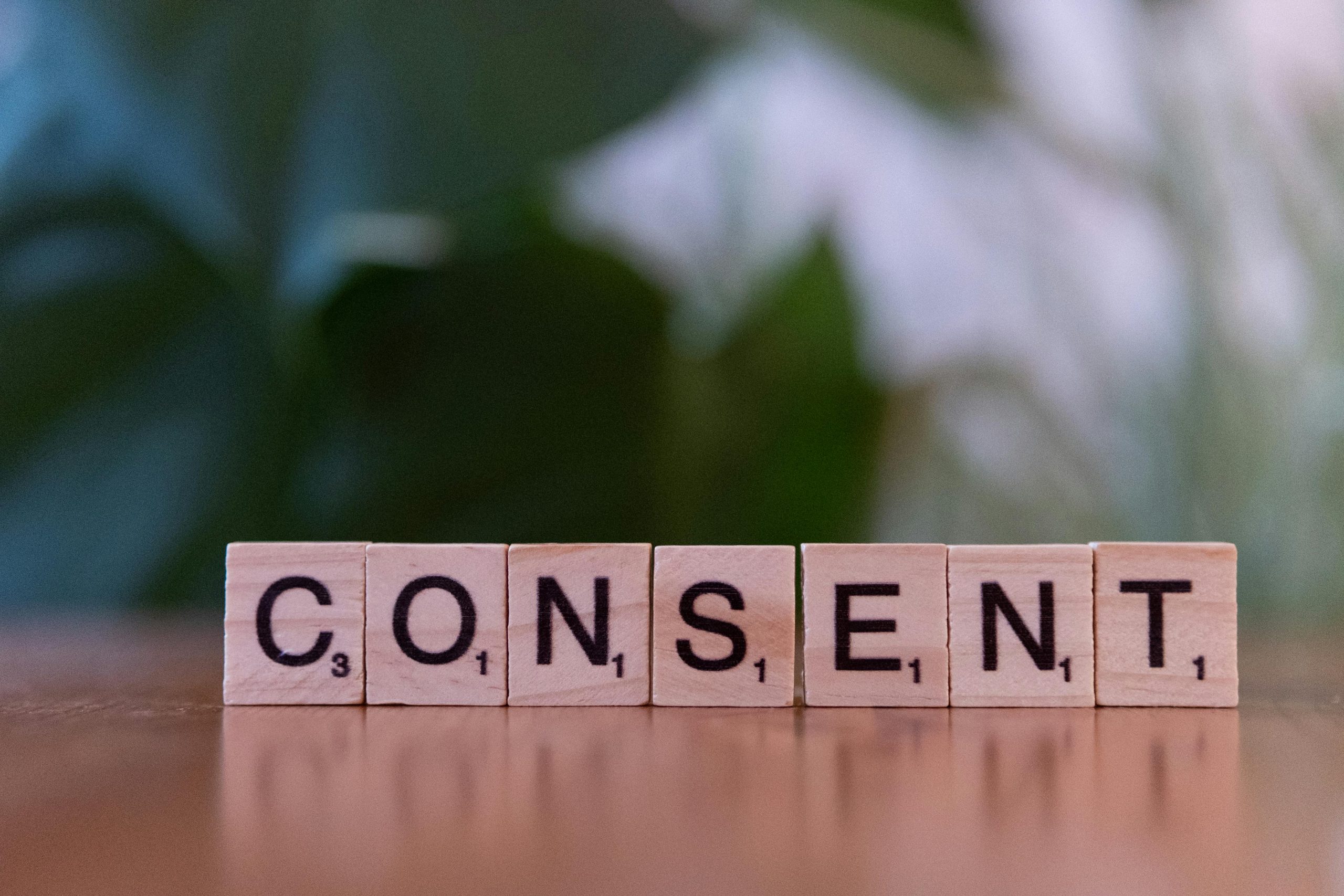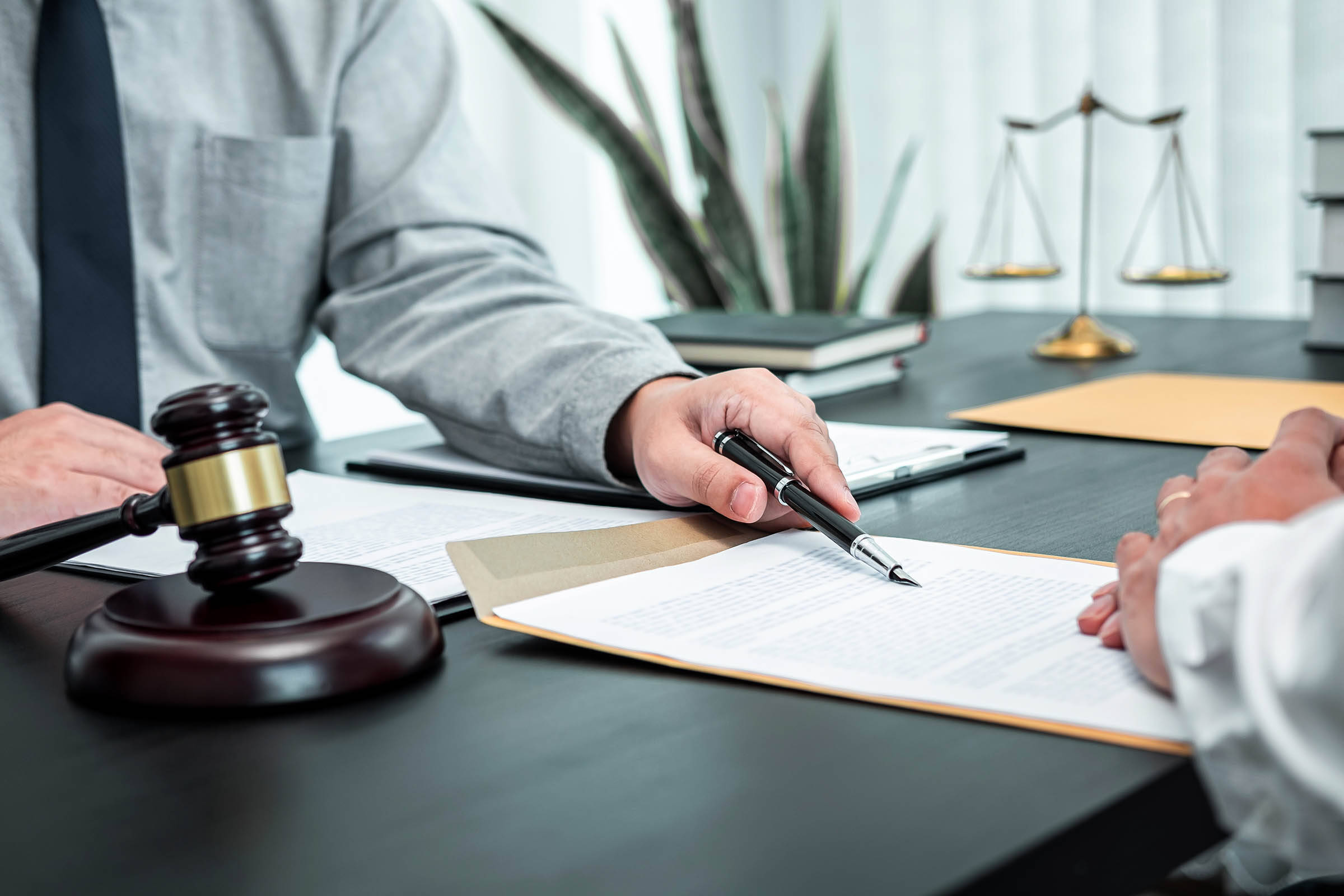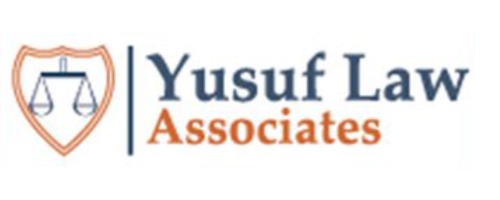Copyright
exclusive and assignable legal right
What is Copyright?
Understanding Your Exclusive Rights to Creative Works
Copyright is a legal right granted to creators, providing them with exclusive control over their original works for a specified period of time. This important legal framework empowers the originator to print, publish, perform, film, or record a wide range of literary, artistic, or musical materials, thereby ensuring that they can benefit from their creativity and hard work.
Essentially, copyright serves as a form of intellectual property that safeguards the creator’s ability to reproduce, distribute, and display their work, preventing unauthorized use by others. This protection is crucial in a world where creative content is easily shared and reproduced, as it allows artists, writers, musicians, and other creators to maintain ownership of their creations and receive recognition and financial compensation for their efforts.
Moreover, copyright laws vary by country, but they generally provide creators with the right to control how their works are used, including the ability to license or sell these rights to others. This means that creators can choose to allow others to use their work under specific conditions, or they can retain full control, ensuring that their artistic vision is preserved.
In summary, copyright is a vital legal mechanism that protects the rights of creators, enabling them to manage and profit from their original works while promoting a culture of creativity and innovation. By understanding and leveraging copyright, creators can safeguard their contributions to society and ensure that their artistic legacies endure for generations to come.


What is Copyright Registration?
Safeguarding Your Creative Work
Copyright registration is the process of officially documenting your work to protect it from unauthorized use and infringement. While copyright exists automatically upon the creation of a work, registering it provides legal proof of ownership, which can be invaluable in court if disputes arise. This formal registration serves as a public record, establishing your rights as the creator and making it easier to enforce those rights against potential infringers.
By registering your copyright, you not only strengthen your legal position but also gain access to certain benefits that can enhance your ability to protect your work. For instance, registered works are eligible for statutory damages and attorney’s fees in the event of a successful infringement lawsuit, which can significantly increase the financial compensation you may receive. Additionally, having your work registered can deter others from using it without permission, as the public record of your copyright serves as a clear warning that the work is protected by law.
Furthermore, copyright registration can facilitate licensing opportunities, allowing you to monetize your work more effectively. When potential licensees see that your work is registered, they may be more inclined to negotiate terms for use, knowing that you have established legal rights. Overall, while copyright protection is automatic, taking the extra step to register your work can provide you with essential legal advantages and peace of mind, ensuring that your creative efforts are safeguarded against unauthorized exploitation.
Who Can Own Copyright?
Eligibility for Copyright Registration
Copyright ownership can be claimed by:
- The original creator of the work.
- An individual who has acquired ownership rights from the creator.
- An authorized agent acting on behalf of the creator or rights holder.


Works That Require Copyright Registration
Types of Creative Works Eligible for Protection
Copyright applies to a wide range of original works fixed in a tangible medium. Some examples include:
- Audiovisual works like films, TV shows, and online videos.
- Sound recordings and musical compositions.
- Written materials such as articles, books, and scripts.
- Visual art, including paintings, posters, and advertisements.
- Software and video games.
Dramatic works like plays and musicals.
Using Copyrighted Material Legally
Understanding Fair Use and Infringement
There are circumstances under which you can use copyrighted material without infringing on the owner’s rights. However, it’s crucial to note that even if you give credit to the creator or do not monetize the content, you may still face copyright claims. Examples of potentially infringing actions include:
- Using content without permission, even if you purchased it.
- Recording content from media sources without authorization.
- Stating that “no copyright infringement is intended” does not exempt you from liability.


The Copyright Registration Process in Pakistan
Steps to Secure Your Copyright
To register a copyright in Pakistan, the creator must submit an application in the prescribed format along with the required fee to the Registrar of Copyrights. Each work requires a separate application. The following documents are typically needed:
- A completed application form in triplicate.
- A Statement of Particulars detailing the work.
- For literary, dramatic, musical, and artistic works, a Statement of Further Particulars is also required.
- Two copies of the original work must be submitted.
Looking for help?
Contact Us Now!
Copyright FAQs
Common Questions About Copyright in Pakistan
You need a trademark certificate to register your copyright.
Apply for a Trademark Search using TM Form 55 to check for existing trademarks.
A registered copyright lasts for 50 years.
Copyright protects creative elements like labels, fonts, and colors, while trademarks protect brand names.
Violators may face legal action from the FIA, including fines and imprisonment.
Yes, logos with artistic elements are protected under copyright law.
They protect different assets; copyright covers creative works, while trademarks protect brand identifiers.
No, the registration process must be completed through traditional methods.
